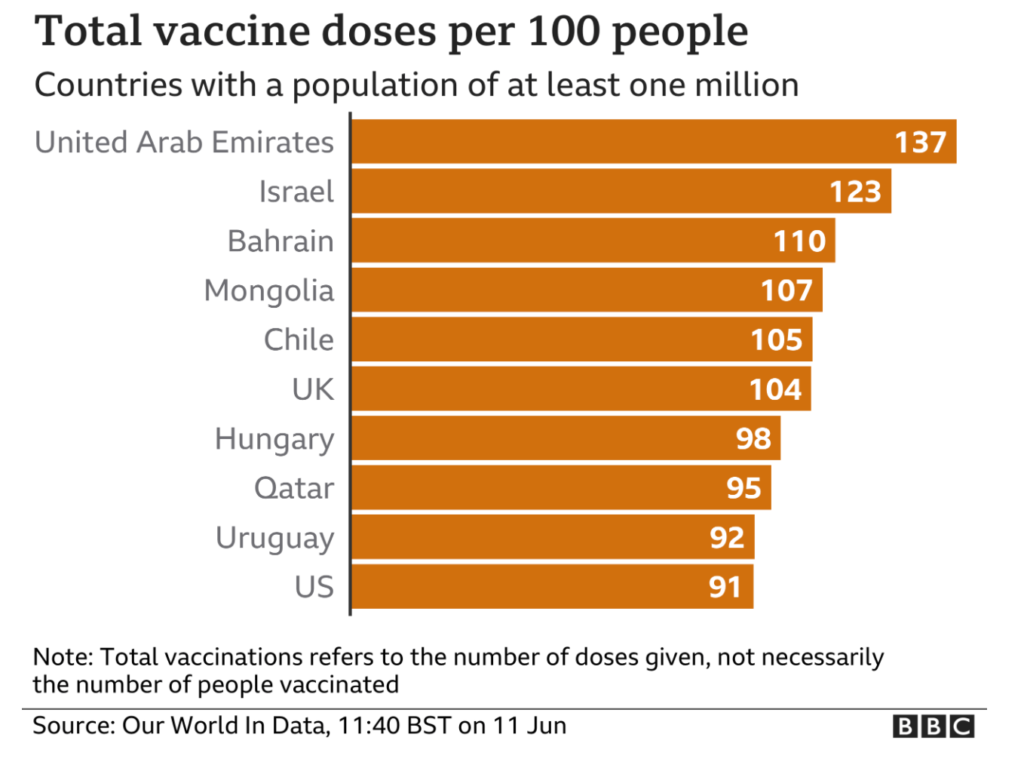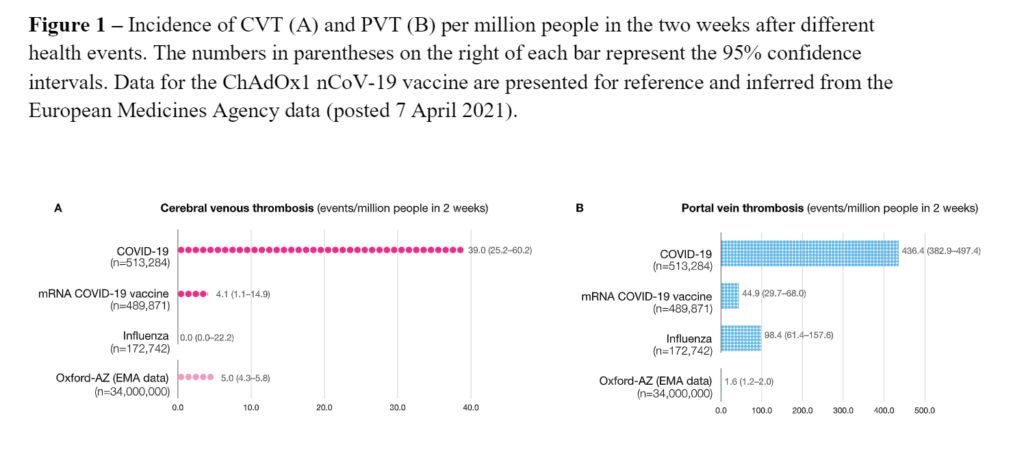Link: https://www.dailyposter.com/biden-could-share-vaccine-data-with-the-world/
Excerpt:
Wealthy, vaccine manufacturing countries like Germany, France, and the U.S. have pledged to fully vaccinate their own populations while also sharing doses with the developing world. But it’s not clear that a sufficient number of doses currently exist for them to make good on this promise. The European Union, for example, is on track to fall far short of its goal of donating 200 million doses to non-member states by the end of the year. And as of August, COVAX, the World Health Organization’s (WHO) vaccine sharing initiative, had distributed 188 million vaccines worldwide, just 19 percent of the 1.1 billion that the WHO says are needed to end the pandemic.
The more people remain unvaccinated worldwide, the likelier it is that new variants will emerge, endangering vaccinated and unvaccinated alike.
The Biden administration’s strategy for expanding worldwide vaccine access has largely relied on pushing for vaccine patent waivers through negotiations at the World Trade Organization. But those negotiations have been stymied by strong opposition from member states of the European Union, meaning that unilateral American action may be necessary to expand vaccine access on the necessary scale.
Legally, the U.S. may already have the ability to do so. The terms between Moderna and the federal government specify that the government possesses rights to the vaccine technology developed under the contract, meaning that it can unilaterally publish or share the data with anyone. Furthermore, an essential component of the Moderna vaccine was invented and patented by U.S. government researchers, meaning that the government could threaten a patent infringement suit against Moderna if the company refuses to share its vaccine know-how.
Author(s): Sam Mellins
Publication Date: 7 September 2021
Publication Site: The Daily Poster

